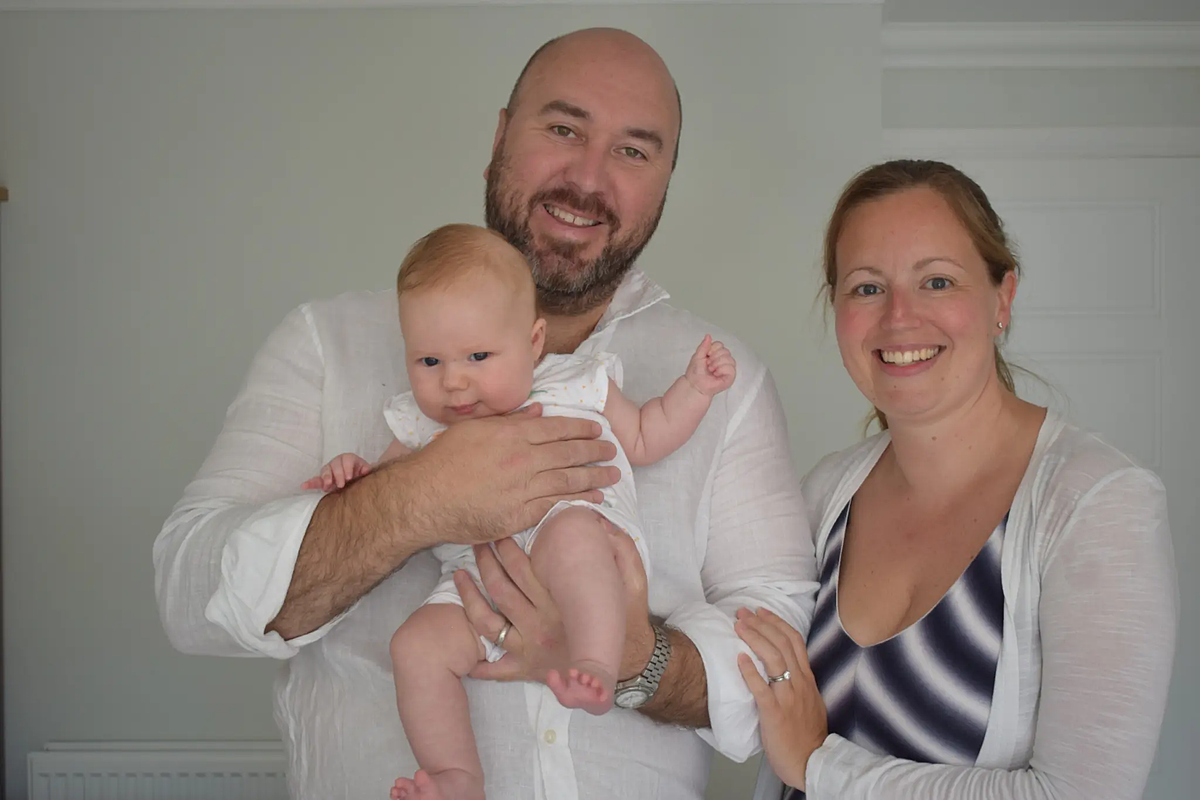University College London Hospitals (UCLH) announced the news on 21/7. Ben Trotman was diagnosed with glioblastoma in October 2022 at the age of 40. Typically, individuals with this diagnosis have a life expectancy of less than a year. To date, Trotman remains healthy with no signs of recurrence. The key to his reversal of fortune was a novel immunotherapy drug called ipilimumab.
Ipilimumab works by inhibiting the CTLA-4 protein, a "brake" on the immune system. When CTLA-4 is inhibited, T-cells—the "warriors" of the immune system—are activated more intensely and for longer periods. This enhances their ability to identify and eliminate cancer cells, proving especially beneficial against cancers that evade the immune system, such as glioblastoma. Early use of ipilimumab also maximizes the body's immune capacity before it is compromised by chemotherapy or radiotherapy.
In the UCLH study, the drug was administered while the patients' immune systems were still strong, before they began chemotherapy or radiotherapy. Trotman was the first and only patient globally in this trial to receive ipilimumab before conventional cancer therapies, starting in April 2022. Several months later, he underwent cycles of chemotherapy and radiotherapy.
Nearly three years later, Trotman's scans remain normal, showing no signs of the brain tumor. "We are living in a strange limbo of uncertainty but hope. Every day feels like both the last, and the first, of a future we weren’t sure we’d get to have," his wife, Emily, shared.
 |
Ben Trotman with his wife and child. Photo: Marie Mangan |
Ben Trotman with his wife and child. Photo: Marie Mangan
Dr. Paul Mulholland, who coordinated the trial, stated, "We have seen Ben maintain clear scans for more than two and a half years after his treatment, with no sign of the tumor returning." This is particularly unusual for glioblastoma patients, especially those who haven't undergone surgery to remove the entire original tumor.
"We are hoping that the immunotherapy and subsequent treatments have stopped the tumor and it’s now effectively gone, which is fantastic news," he said.
Trotman is pleased that the ipilimumab treatment regimen is undergoing broader testing, offering treatment opportunities and renewed hope for other glioblastoma patients.
Glioblastoma is among the most aggressive forms of brain cancer, claiming the lives of over 10,000 Americans annually. Statistics on the number of glioblastoma cases in Vietnam are currently unavailable.
Doctors say there is no definitive cure for this disease, with the average survival time being around 9 months after diagnosis. Current treatment options primarily focus on managing symptoms and extending life, including surgery, radiation, and chemotherapy.
The research team plans to enroll 16 glioblastoma patients in the next 18 months. All will receive ipilimumab prior to radiotherapy, chemotherapy, or surgery, depending on the progression of their disease.
The program is funded by Member of Parliament Dame Siobhain McDonagh, whose sister, Margaret, died from the disease in 2023.
"My sister was horrified to learn that there hadn’t been much progress in brain cancer treatment in decades. It was the last campaign she ran before she died and I’m determined to continue it for her," McDonagh said.
The trial is being conducted at the NIHR UCLH Clinical Research Facility, National Hospital for Neurology and Neurosurgery, UK.
Thuc Linh (NY Post)












